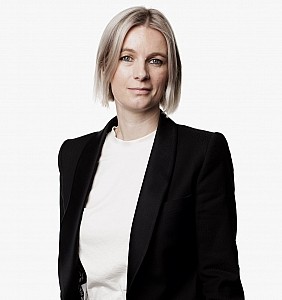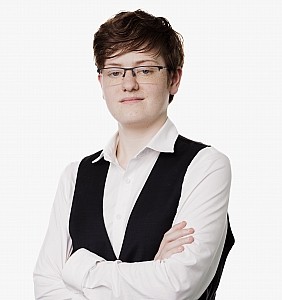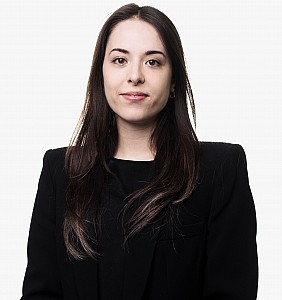Will the Corona crisis lead to the first compulsory license on patents?
Hospitals and laboratories sounded the alarm last week: there is not enough material available to test patients for COVID-19 and the suppliers of reagents cannot meet their demand. The pharmaceutical company Roche for example, known for the production of test platforms (PCR) used for COVID-19 tests, suffers from a shortage of production capacity. This means that not everyone has access to much-needed equipment. Other companies cannot step in, because Roche keeps the exact composition of their products secret. To be clear, these reagents are not patented, but belong to Roche's internal know-how.
In Belgium, minister Philippe De Backer, responsible for the corona testing task force and himself a biotechnologist by training, has joined forces with the life science sector association Flandersbio. Biotech companies and research laboratories are asked to make an inventory of their stock, and check whether they can provide knowledge and manpower. This survey is coordinated by Flandersbio.
But what if companies like Roche and others stick to their know-how, at the expense of general health? What if situations arise like in the US, where a patent troll has purchased the patent rights of the defunct Theranos, a company that marketed diagnostic tests, and now sent a cease-and-desist other companies offering COVID-19 tests in the US of patent infringement.
In times of a health crisis, does the holy house of intellectual property rights prevail at the expense of public health?
The Belgian patent law provides for a special measure whereby, in the interest of public health, the King can impose a compulsory license on a holder of a patent right. The holder of this compulsory license is then granted the right to use, produce and commercialize the patented invention for a reasonable fee. The patent holder is thus forced to share his knowledge and invention with third parties (for a fee). As such it can be prevented that vital technology does not reach the population because of exclusive intellectual property rights. The law even provides for a special emergency procedure in the event of an effective crisis.
To date, Art. XI. 38 of the Patent Act describing compulsory licensing in the interest of public health has never been invoked. However, in a time of unseen global pandemic, it cannot be ruled out that companies and governments will feel compelled to use the opportunities offered by this law. It would be a possibility to provide the necessary relief in situations of severe shortages, especially in these times of crisis.
Avez-vous une question?
Nous serons heureux de vous aider.
Prenez librement un rendez-vous avec un de nos experts.
Rassurez-vous, vous n'êtes pas seul.
Naviguez dans la FAQ. Avez-vous encore des doutes,
n'hésitez pas à nous contacter.




